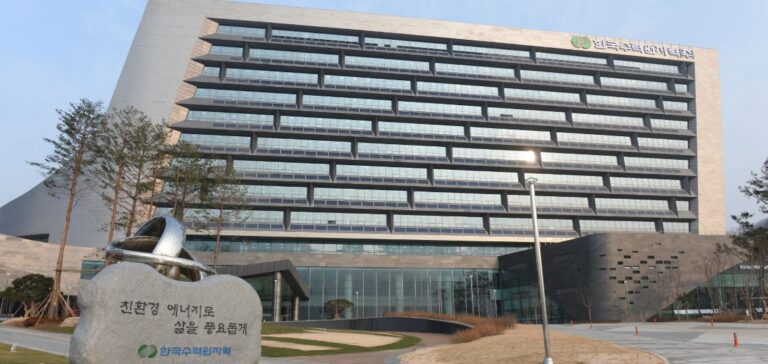The signing of a strategic contract between the Czech Republic and South Korean company Korea Hydro & Nuclear Power (KHNP) for the construction of two new nuclear reactors at Dukovany has been suspended following a decision by the regional court in Brno. This interim measure follows legal action initiated by Électricité de France (EDF), which was eliminated during the selection process.
The French group had already brought its case before the Competition Authority, unsuccessfully, before turning to the courts to seek a review of the selection procedure. The court justified the temporary injunction by citing the need to preserve EDF’s opportunity to participate in a potential new tender should it prevail in court. Czech Prime Minister Petr Fiala acknowledged the court’s decision on social platform X, reiterating his confidence in the integrity of the state-led tender process.
EDF challenges transparency of the tender process
In a statement shared with AFP on May 6, EDF welcomed the court ruling, stating it “provides the necessary time to thoroughly assess any potential violation of its rights”. The French state-owned company also confirmed its determination to continue its legal campaign, without disclosing specific details of its initial bid.
Korea Hydro & Nuclear Power was selected in summer 2024 to build two additional units at the Dukovany site, with an estimated cost of CZK200bn (approximately $8.61bn) per unit. Construction is scheduled to start in 2029, with the first reactor to be commissioned in 2036.
Reactions from other involved parties
Czech energy group ČEZ, majority-owned by the state and operator of the Temelín and Dukovany plants, defended the selection of KHNP. The company stated that the tender process was “fully transparent at every stage”, and called on EDF to release details of its bid to dispel any doubt.
In addition to EDF, US-based Westinghouse had also challenged the selection of the South Korean provider, accusing it of using some of its technologies without authorisation. However, this appeal was dropped after being dismissed by the relevant authorities. EDF, meanwhile, claimed its proposal offered a more favourable allocation to the local industrial sector, pledging to assign 60% of the work to Czech companies.
Towards a reconfiguration of the Czech energy mix
Nuclear currently accounts for around 40% of electricity generation in the Czech Republic. With the two new Dukovany units and the planned deployment of small modular reactors by 2050, that share could rise to 50%. This strategic shift comes as the country has significantly reduced its reliance on coal and phased out oil and gas imports from Russia since the beginning of the war in Ukraine.






















